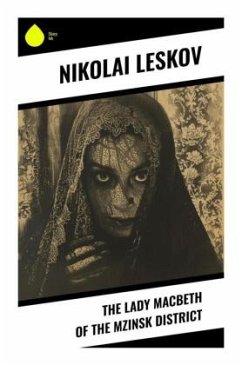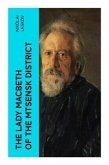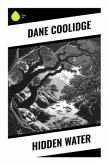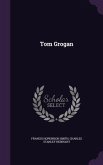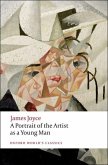Nikolai Leskov's "The Lady Macbeth of the Mzinsk District" is a masterful exploration of ambition, desire, and moral decay set against the backdrop of 19th-century Russia. Written in a vivid, lyrical style, the novella intricately weaves together elements of social realism and psychological insight, embodying the conflicts of gender and power. Leskov's deep psychological portrayal of its complex protagonist, Katerina, dissects the oppressive societal structures that confine women, showcasing her metamorphosis from a victim of circumstance to a ruthless embodiment of ambition, evoking both sympathy and horror. Leskov, born in 1831 in a small Russian town, was deeply influenced by his encounters with provincial life and Russian folklore, skills that enhanced his narrative prowess. His own experiences with the rigid social hierarchies of imperial Russia inspired his critique of moral integrity and the female condition. As a writer committed to authenticity and social commentary, Leskov challenges the reader to explore the darker aspects of humanity through the eyes of a woman navigated by her desires and the consequences of her actions. This compelling novella is recommended for those interested in Russian literature, feminist themes, and psychological depth. Its tragic yet gripping tale offers an insightful lens into the complexities of human impulses and societal norms, making it an essential reading for both scholars and casual readers who seek to understand the intricacies of the human condition.
Bitte wählen Sie Ihr Anliegen aus.
Rechnungen
Retourenschein anfordern
Bestellstatus
Storno

